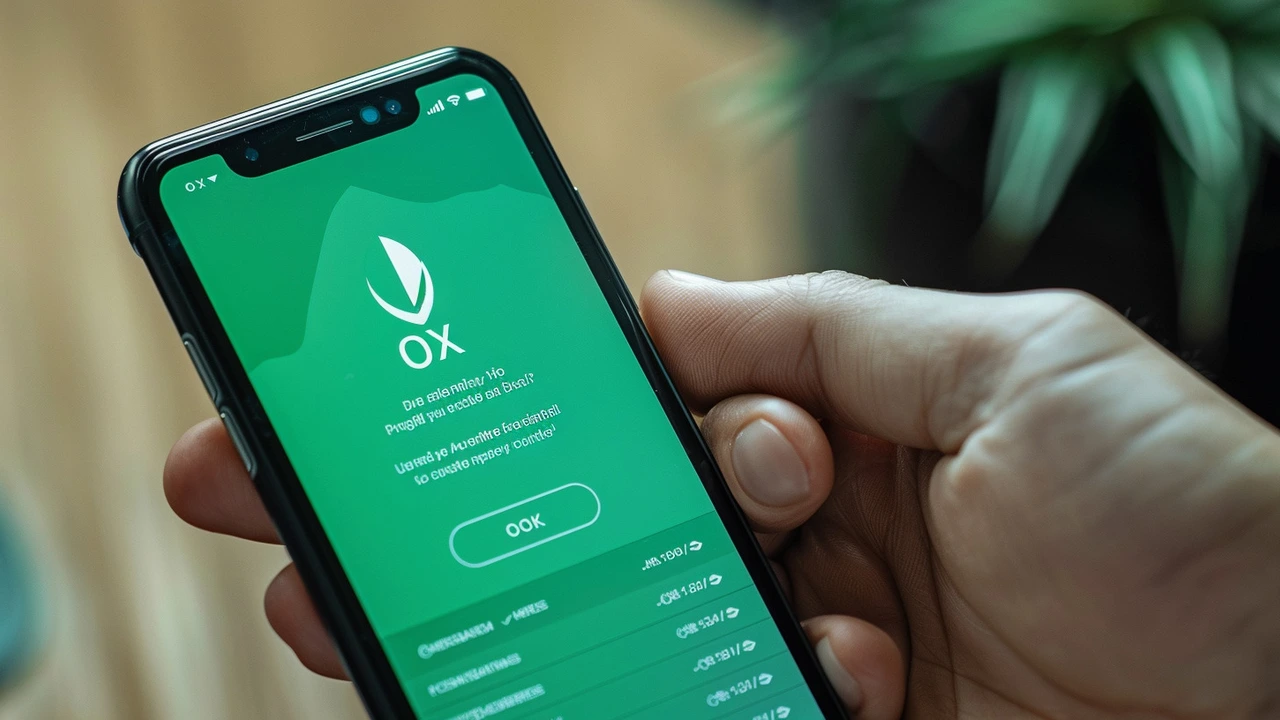Cryptocurrency: News, Guides and Practical Tips for Africa
Crypto is moving fast across Africa. From traders in Lagos to developers in Nairobi, people use cryptocurrencies for payments, savings, and cross-border transfers. This tag page pulls together clear news and hands-on guides so you can follow market moves, understand risks, and take practical steps if you want to buy, sell, or store crypto.
How to buy crypto safely
Start with a plan. Decide how much you can risk and which coins you want. For most people, Bitcoin and Ethereum are the easiest to find and the most widely accepted.
Choose a trusted exchange. In Africa, local platforms and global exchanges both operate. Check fees, payment methods, and user reviews. Use platforms with clear KYC rules and good customer support. If you prefer peer-to-peer (P2P) trading, use the escrow feature and only trade with verified users.
Pick the right wallet. Custodial wallets on exchanges are convenient but mean you don’t control your private keys. Non-custodial wallets (mobile or hardware) give you control but require careful backup of your seed phrase. For large sums, use a hardware wallet and store the seed phrase offline.
Enable security features. Turn on two-factor authentication (2FA), use strong passwords, and update software regularly. Treat your seed phrase like cash — never share it online or store it in cloud services.
Avoid scams and follow the rules
Scams are common. Watch for offers that promise guaranteed returns, time-limited investment windows, or celebrity endorsements that look fake. Ponzi schemes and fake token launches often prey on FOMO (fear of missing out). If a deal sounds too good, it probably is.
Check project transparency. Reputable projects publish a clear whitepaper, open-source code, and active community discussion. Look for independent reviews and media coverage. For tokens, examine liquidity on exchanges and whether founders locked their supply.
Know local regulation. Countries across Africa take different approaches to crypto. Some require registration and tax reporting, while others are still crafting rules. Keep records of trades and consult a local tax advisor if needed. Following rules keeps you safe from fines or account freezes.
Stay informed. Use reliable news sources, follow official exchange notices, and join local crypto communities to learn about payment rails, on-ramps, and regulatory updates. Bookmark this tag to see the latest stories, practical guides, and alerts relevant to crypto in Africa.
If you want help finding local exchanges, wallet recommendations, or a simple step-by-step buying guide for your country, tell me where you are and I’ll point you to the right resources.

